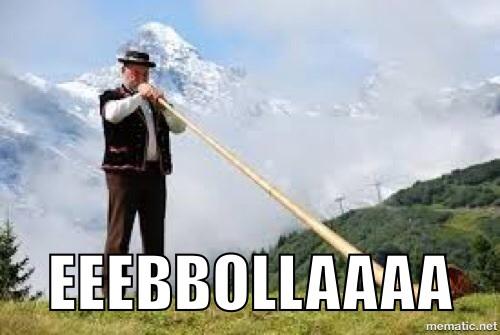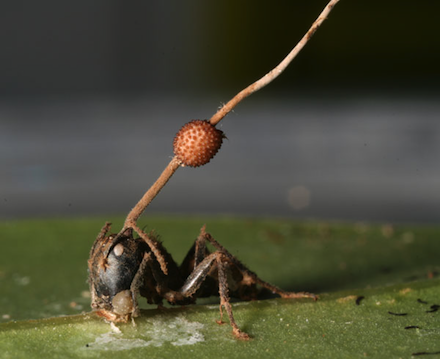 Like my Walking made us human idea, the idea on this page takes on the dominant "culture made us human" meme - pithily expressed by Richard Dawkins in 1976:
Like my Walking made us human idea, the idea on this page takes on the dominant "culture made us human" meme - pithily expressed by Richard Dawkins in 1976:
Most of what is unusual about man can be summed up in one word: 'culture'.That idea is dominant - at least among most students of cultural evolution. Walking, talking, tool use, our big brains and even our opposable thumbs are largely the product of cultural evolution - plus some meme-gene coevolution.
However, cultural evolution is fairly ubiquitous among other animals. This had led to people to seek out other answers to the question of "what made us human?". Cumulative cultural evolution is one common answer. However, an issue with this answer is that chimpanzees have cumulative cultural evolution too. Teaching is much rarer in non-human animals. This helps to make it an interesting candidate for what makes humans special.
Here I want to examine another possible answer to this question - an idea based on what I have previously referred to as the "Teaching First" hypothesis. To recap, the "Teaching First" hypothesis turns the usual story about the evolution of cultural evolution on its head. It is usually thought that some change in social learning abilities was responsible for the modern explosion in cultural evolution. Maybe a slightly bigger brain, maybe slightly less aggression - something affecting social learning. The the "Teaching First" hypothesis represents a considerable shift away from this perspective - a shift from social learning to teaching.
In some respects, teaching is more a product of cultural evolution than social learning is. Teaching requires some age, experience and previous social learning. Because teaching is cultural, it is more subject to rapid change. Cultural evolution is an example of large organisms using small symbiotes to adapt quickly. The short reproduction cycles of memes (relative to their human hosts) is part of the reason why it is faster.
We know that in many cases, memes lead and genes follow. If meme-gene co-evolution can be characterized as genes holding memes on a leash, then the memes are often dragging the genes around. The the "Teaching First" hypothesis would be another example of this kind of dynamics.
Teaching could have helped create a positive feedback loop - where improved culture relating to teaching leads to more teaching-related improvements in the future. The corresponding loop for learning exists too - but more learning capacities (than teaching capacities) are coded in DNA genes - so progress there is harder and slower.
Academics have don't seem to have looked into the idea that the cultural evolution of teaching drove cultural evolution very much. One related idea is the cultural evolution of cultural evolvability. An example of this is Cecilia Heyes' video: Cultural Inheritance of Cultural Learning. The corresponding paper is Grist and mills: on the cultural origins of cultural learning. This is more about social learning - but it has the idea of positive feedback on cultural learning capacities via cultural evolution. It is some of the nearest literature I know about.
 Cultural evolution has led to increased lifespans among many modern humans.
Cultural evolution has led to increased lifespans among many modern humans. The
The 








